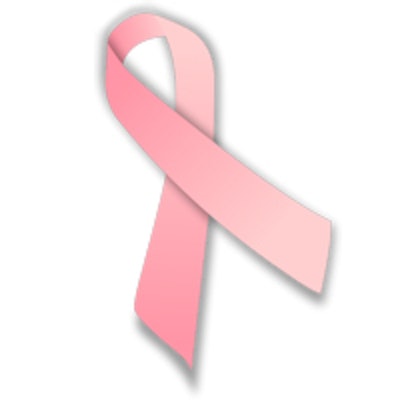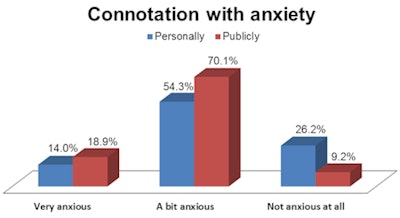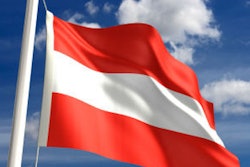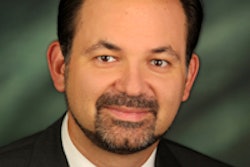
Despite high-profile breast cancer awareness campaigns -- such as the use of pink ribbons -- the majority of Austrian women ages 45 to 69 were unaware of key aspects of screening, such as the existence of potential harms from the exams, an Austrian researcher has found.
This is particularly troubling because this October Austria will start a nationwide breast cancer screening program, explained Dr. Hans Mosser, chairman of the radiology department at Landesklinikum Krems. Some 640,000 mammography exams are performed each year in Austria, with most of them believed to be through "opportunistic" screening.
Mosser sought to evaluate the current level of women's knowledge about breast cancer and mammography screening in Austria, as well as their anxiety levels. The women's perceptions about the credibility of various information sources also were addressed.
"This is particularly important because women are caught in the middle of a scientific controversy concerning the benefits and harms of breast cancer screening," Mosser wrote in an e-poster from ECR 2013.
He sent out an online survey in German aimed at women in Austria and used Facebook, Twitter, and Internet discussion forums to promote it. The survey included five question groups with 24 questions and subquestions.
The following are some of the key topic areas:
- Awareness of breast cancer as an important personal topic
- Awareness of anxiety associated with breast screening, both personally and as perceived as prevailing in the public
- Personal level of knowledge about benefits of breast cancer screening
- Personal level of knowledge about possible harms of breast cancer screening and assumption of types of harm
- Ranking personal trustworthiness of information sources regarding breast cancer and mammography screening
Results
Of the 319 survey participants, 271 fully completed the survey. Mosser found the following:
More than 93% of the participants consider breast cancer as a personally important issue.
A feeling of anxiety is associated with breast cancer personally in 68.3% of respondents and was perceived to prevail in the public by 89% (see graph below for more information).
Close to 38% (37.9%) thought there were no harms at all with breast cancer screening, while 9.8% regarded it as "very harmful."
Of those who deemed breast cancer screening harmful, multiple free-text entries were allowed in the survey. The predominant harms were stated as exposure to radiation (89%); psychological stress before, during, and after mammography (34.3%); and misdiagnosis (24.2%).
Nearly half (47.5%) of respondents regarded themselves as not being informed enough.
Gynecologists and radiologists were ranked with the highest credibility -- 93.3% and 90.2%, respectively. The lowest rankings were the pharmaceutical industry (20.1%) and Austrian politicians in general (11%).
 Data courtesy of Dr. Hans Mosser.
Data courtesy of Dr. Hans Mosser.The results of the survey demonstrate high levels of anxiety, misinformation, or lack of information associated with breast cancer screening, in particular the belief that there are no harms associated with the exams.
"A key example is the almost total absence of the participants' knowledge of the possibility of overdiagnosis that is supposed to be the case in 19% to 33% of screen-detected breast cancers," Mosser wrote.
The survey was, of course, limited to Austrian women who use the Internet, but considering the higher literacy levels of Internet users compared with nonusers, it is reasonable to assume the lack of knowledge about breast cancer and mammography screening is even more prevalent in the average target population for screening than this survey indicates, he added.
"Existing health information sources should therefore be re-evaluated in order to provide comprehensive and independent information for Austrian women concerning the benefits and harms of breast cancer screening to enable an informed decision," Mosser concluded.



















